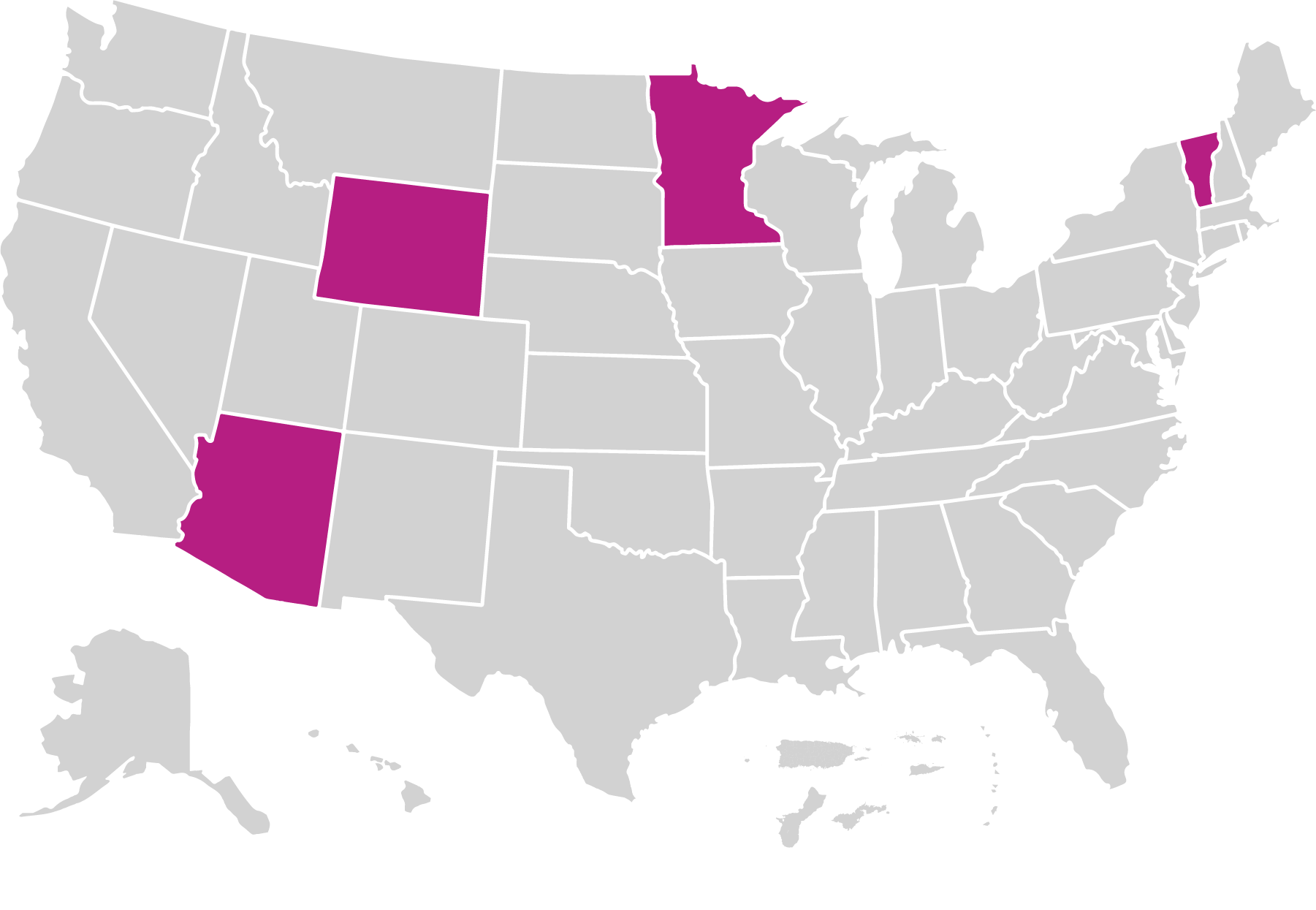Maternal Early Childhood Sustained Home-Visiting
Maternal Early Childhood Sustained Home-Visiting (MECSH) aims to improve the health, development, and social well-being of families with new babies in need of additional sustained support. The model supports positive transitions to parenting, positive parenting skills, future-oriented and aspirational thinking, problem-solving skills, the ability to mobilize resources, and healthy relationships.
What is the model’s approach to providing home visiting services?
Home visits take place based on the child’s age. Families may receive a minimum of three prenatal visits. After the child’s birth, families receive visits weekly until the child is 6 weeks old, every 2 weeks until the child is 12 weeks old, every 3 weeks until the child is 6 months old, every 6 weeks until the child is 12 months old, and every 2 months until the child is 2 years old. MECSH recommends families initiate services prenatally, but allows families to enroll up to 8 weeks after the child is discharged from the hospital.
MECSH’s service population includes the following:
- Expectant caregivers
- Families with low incomes
- Caregivers who are unmarried or single
- Caregivers with limited access to education
- Families with a history of substance use or in need of treatment
- Families with a history of child abuse or neglect/involvement with child welfare system
- Families experiencing mental health concerns, including maternal depression and anxiety
Who is implementing the model?
Home Visitors
MECSH was implemented by 336 home visitors in 2023. The model requires a bachelor’s degree in nursing for home visitors. Home visitors are required to maintain a caseload of 20 to 30 families.
Supervisors
MECSH was implemented by 43 supervisors in 2023. The model requires a bachelor’s degree in nursing for supervisors.
Where is the model implemented?
MECSH operated in 79 local agencies across 4 states in 2023. MECSH also operated outside the United States and its territories in Australia, the Channel Islands, South Korea, and the United Kingdom in 2023.

Families Served Through Evidence-Based Home Visiting in 2023
Race
2% American Indian Alaska Native
6% Asian
14% Black
<1% Native Hawaiian Pacific Islander
69% White
4% Multiple
4% Another race
Ethnicity
27% Hispanic or Latino
73% Not Hispanic or Latino
Caregiver age
18% ≤21 years
44% 22-29 years
37% 30-44 years
<1% ≥45 years
Caregiver education
21% No HS diploma
38% HS diploma or GED
27% Some college or training
13% Bachelor's degree or higher
Household income
61% Low-income status
39% Not low-income status
Primary language
75% English
16% Spanish
9% Another language
Child age
50% <1 year
50% 1-2 years
Child insurance status
75% Public
9% Private
16% None
